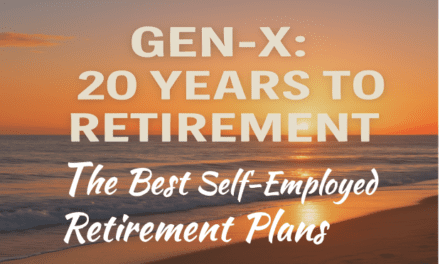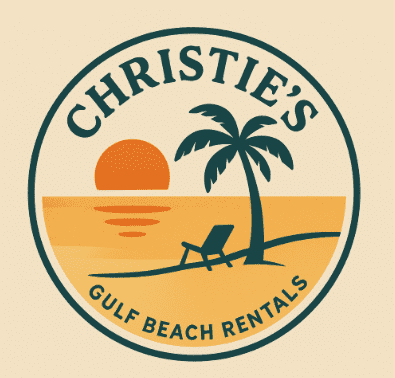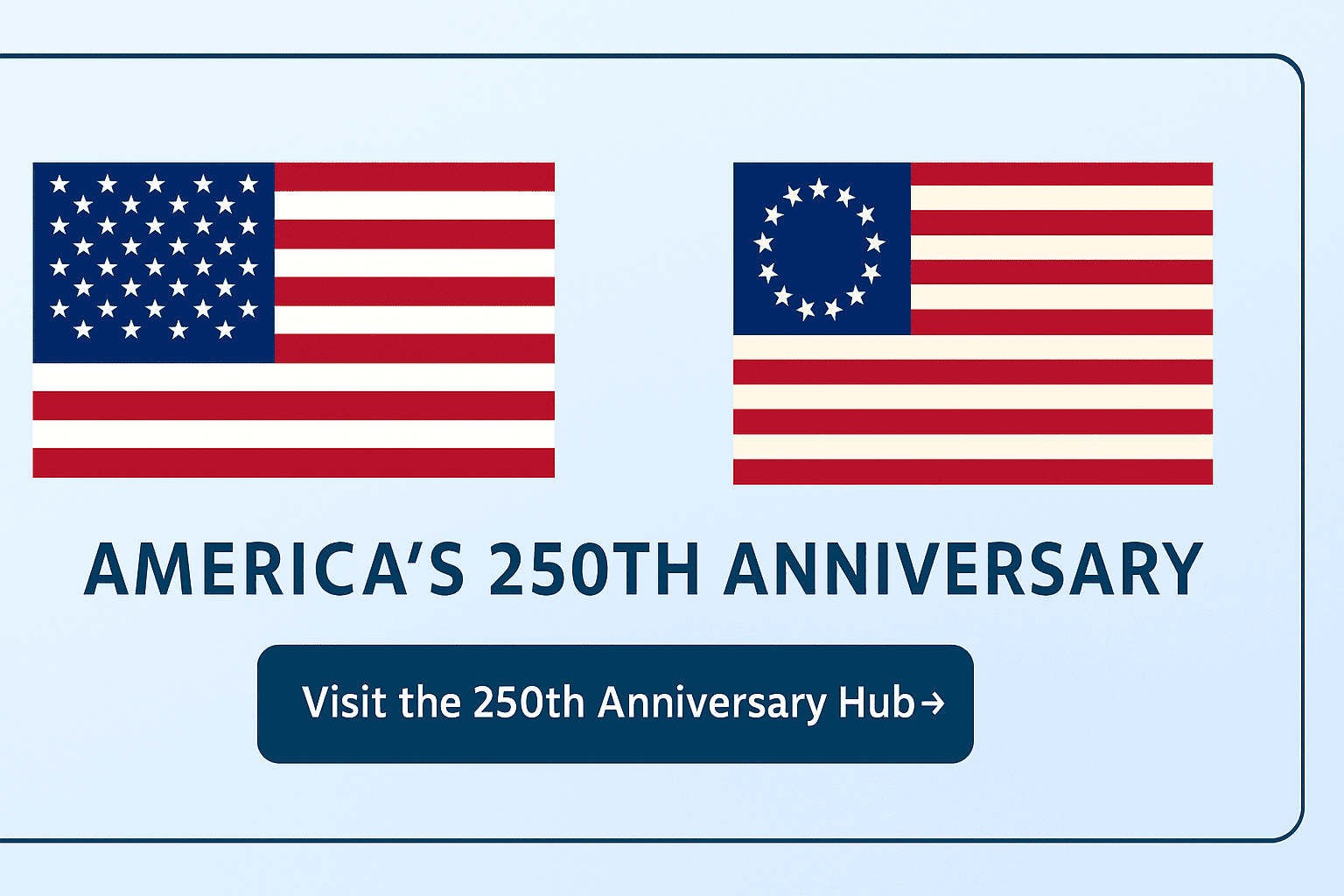Last updated on January 1st, 2026 at 04:56 pm
Are you a Millennial who can’t buy a car or a house because of bad credit, lack of down payment, or low income? Would you like to fix your current financial situation and, achieve financial independence? You came to find help, I intend to see that you get as much help as you can manage. Young adults and those more specifically those of you who lack financial literacy are targets for bad actors. With adequate financial knowledge we call “financial literacy”, you can achieve what you want in life.
I can’t tell you much about your family or love life, but I can help you with your financial life. This article is supplemented by our Millennial Financial Resources Series. These articles will fill in the gaps between what you know and don’t know about financial literacy. This series, Millennial Financial Resources includes a wide variety of topics that are broken down by subject matter for ease of learning. Traditional personal finance topics along with help on topics such as credit scores, home mortgage, and checking accounts will be covered.
About the structure of our entire package to help you improve your financial health. Consider this article to be a foundational document. Your entrance to the world of financial planning and a practical guide to your financial future. When you finish reading this article, click on the links below. The subject matter of each is targeted information designed to in effect add up to something like taking adult education courses without the tests.
When you finish one article click to the next
This series is a joint project with Gulf Coastal Realtors which means some articles are on that website and some on this one. Don’t worry, the series is seamless. When you finish one article, you can click on a link in that article to the next article.
As we are still developing more articles so you should sign up at the bottom of this article to be notified of new postings. These articles will cover virtually every aspect of personal finance. I hope that you will look at this article and our series as an ideal resource for practical advice for personal money management. Don’t fall asleep, I know that some of the topics may be a bit dry but it’s vital that as an adult, you grasp the wise use of money.

As high school students, you were probably taught virtually nothing about some series of life lessons such as managing a savings account.
I believe that Millennials, a generation spanning almost 20 years are comprised of many different people, tens of millions. Statements are often made about Millennials that are not factually correct or are just a shade off the truth. Recently, I have been reading many surveys and articles about Millennials and some of the articles stand out. There is no question that Millennials have had a rougher road than their predecessors. The housing crash and subsequent recession were the first hit.
There are many myths about Millennials
The second was COVID. While it seems the COVID debacle affected every demographic, it hit Millennials harder who were just starting new careers or had to stop going to college. One of the many things that have come from this entire discussion which has become political is that Millennials are struggling with massive college debt. Even if you are a millennial, you need to read this article “Millennials aren’t drowning in student debt”. You may be one of the few who are but according to this article, student debt is just one of the myths about Millennials.
There is absolutely no reason why the Millennial generation will not overcome all of the negatives thrown in their way. Another article said the older Millennials are already recovering. We want to be part of that process by providing the tools that Millennials need to get ahead in life. Enough of these myths about Millennials. Millennials could become the best generation in a Millennium. Hardship helped build this country. Remember stories about the pioneers in the 1800s. They succeeded and so can you. Let us help you.

I have a friend who grew up in a rural area and as a child spent more time helping the family on their farm than he did in school. He is functionally illiterate. Not only did he not receive a regular education but his financial education was nonexistent. All of his life he has struggled to make ends meet. My friend is a hard worker but never learned financial discipline. He earned money, spent money, and was broke until the next paycheck. He never enrolled in a 401k program or saved any money. Unfortunately, he has been a victim of financial scams on multiple occasions.
Some people don’t want to change
During one of our conversations, I suggested he open a secured credit card account with a credit union. He did. The next thing he told me was that he had credit card debt. How this happened with a secured card, I will never know. The credit union canceled his account. In his case, he simply does not have the capability or desire to change. He is constantly looking for jobs that will pay almost immediately. The point of this story is to let you know, that you need not live like that.
When you wake up to a call from a debt collector or hide your car from the repossessor, that’s not life. Stop using payday loans and learn some debt management. Ok, let’s get into some basic financial literacy. Starting with a short quiz below, test your understanding of some basic financial issues:
Please find answers to the above questions at the end of this article
Since considering this article, I have been speaking to several people about Millennial education compared to previous generations including baby boomers. None of your predecessor generations have had a great financial education. Earlier generations had less technology to deal with which complicates our financial lives. I watched my parents use their checkbooks. When I worked as a retail clerk as a teenager Id that most people used their checkbooks. You could clearly see how organized people were about money, their check registers were their central record system. Credit cards were around but not in any great use at that time.
Life for Baby Boomers when they were young was simpler
Life for this age group was easier. You had a checking account and you deposited your check into it on payday. You knew how much you had to spend. This simplicity did, however, not prevent people from having issues paying their bills. Many stores and vendors offered credit. A family had to budget cash for many things because lots of people did not take checks or credit cards. In addition, those monthly bills for furniture, car payment, etc. kept coming in. Bankruptcy was as common as it is today. An urge national phigh schoolould be the teaching of financial literacy at the highschool level.
I learned some important life lessons about money and how stressed young people can be when ends do not meet. This is useful background to let you as a Millennial know that you are not alone when it comes to a shortfall in your financial education. No more delays, time to get into the details.
Credit Cards a Millennial nightmare
You can read about credit cards in detail by clicking on the link at the bottom of this article. Credit cards are a good thing. Some would argue with this but I have learned how to use them for my benefit. Not only for my regular benefit e.g. fast way to acquire something but for my maximum benefit. I have decided not to carry a balance on my cards. Paying all of that interest reduces my income. You start by not buying what you can not afford. Ok, this is easy to say.
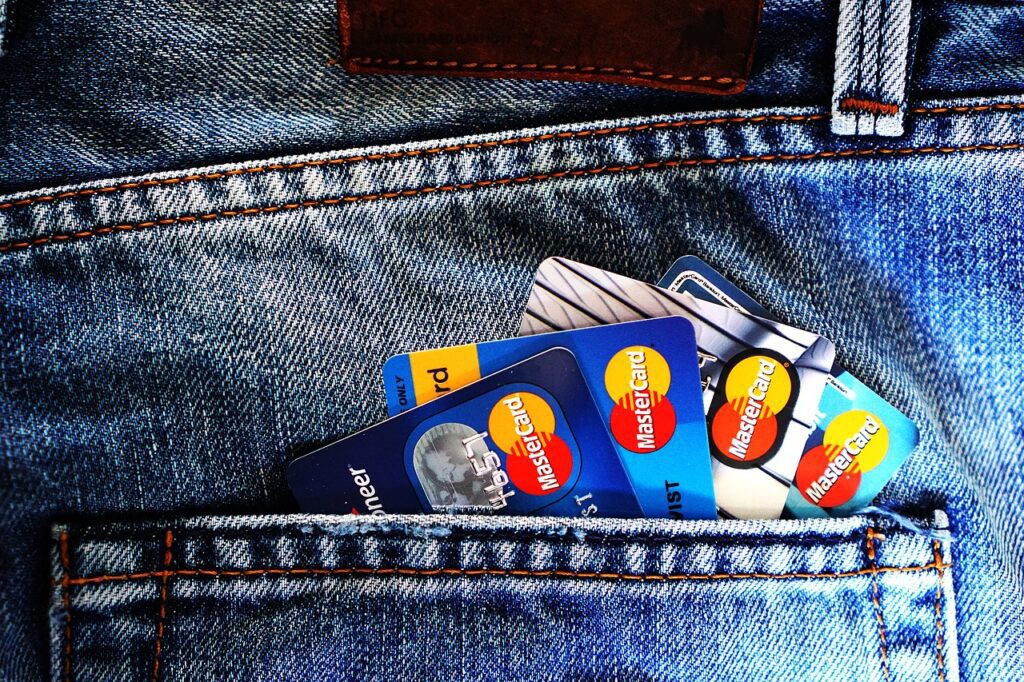
The reason why I started this discussion with credit cards is that from my research it is the number one topic that Millennials think gets them into financial trouble. It seems that one of the first things people do at an early age is to acquire their first credit card. They must have lost the letter that came with the card and clearly stated a $300 credit limit. Free month, wow, you can go out with friends and offer to pay for dinner. College students usually fall prey to these early credit card offers. Their first credit card helps with socializing at bars and restaurants.
Just read on past this point if it’s too painful. You have had so much fun and had to have that new pair of shoes or shirt before you know it. Yes, you charged more than your limit. How is that possible you ask yourself. The credit card company should be watching this and it’s not your fault. This is how it all starts.
The Computer is not your friend
Any discussion about consumer finance (credit cards, loans) must include a discussion about that “computer”. Your financial institution has engaged the services of a machine with no emotion, can’t think for itself, and otherwise is nasty when it comes to wanting payment for goods or services rendered. When I hear from young people that they have overcharged their card and have a fee to pay. Then on top of the fee, they have to pay the card down below the limit. You try to call a human and can’t find a good phone number. You hear recorded messages and bounce around from one message to another.
If you are persistent you will eventually speak to someone living and working in a foreign country who speaks English with a thick accent. You are having communication issues because they want to keep telling you what a nice day it is and make small talk and you want justice. At the end of the conversation, you may find that they are willing to waive the over-the-limit fee this ONE time because you are a valued customer. Remember that ONE time over the limit fee? It may come back to haunt you after you pay.
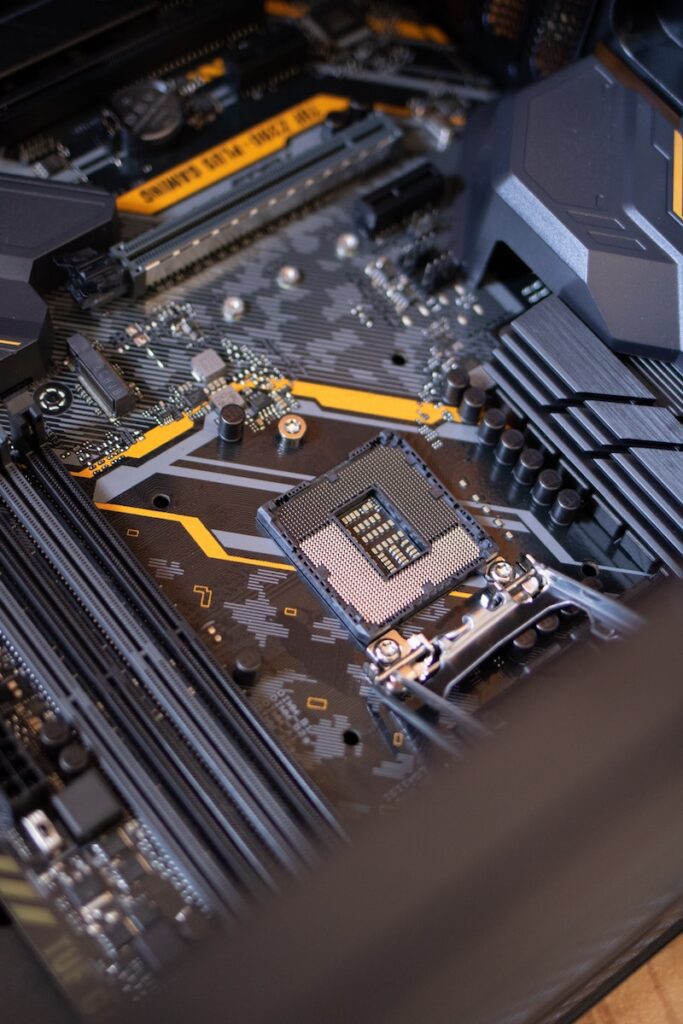
Are you classified as a risk?
That computer is watching your every move. When you allow a payment to go late, the computer checks other sources. It may find you are late elsewhere. Somewhere in the recesses of the subroutines, you are classified as a risk. Young readers should pay attention to this. Late credit card payments rank up at the top as reasons that cause your credit to go from fair/good to bad.
The last word about the computer, it will not see the issue your way. The computer is binary. Payment made on time or not. Limit exceeded or not. The good risk or bad risk. See my point, you can’t beat the computer but you can master it. Read more about credit cards by clicking below.
Credit scores and your credit report – Millennials pay attention
The discussion above about credit cards can not be complete without much more discussion around credit scores and that credit reports. I put some time into this article because credit is a weak spot for Millennials more than any other generation even in some cases Gen Z. Many think the reason for bad credit scores in your demographic is the double whammy of the housing crunch (for older Millennials) and the recent COVID lockdowns for younger Millennials.
It does not make any difference how you have gotten here, what is important is how you get your financial act together. This simply can not be done without a good knowledge of the credit system. This article below contains everything you need to master your credit score and credit report. Learning how to play the game so to speak, is a big part of the fix.
One key reason why Millennials are struggling is the crushing interest they are paying for everything due to a poor or outright bad credit score. There are many myths around about how bad Millennials’ credit scores are but they are not correct. The average Millennial credit score is not terrible, it stands at 686 according to Experian. You can obtain a mortgage with a 686 credit score.
The problem with all averages is that there are people who fall below and those who are higher. The number of people with scores in 500’s and low 600’s is high. I was just thinking as I was typing, this went into a discussion of credit scores when many Millennials don’t know what a good score is let alone how the numbers work. For this and more information you do need to read the article below.
That non-existent budget
A wild guess, you have no budget or planner, right? If you said wrong, congratulations, fee Millennials have a budget and/or planner. Well, it’s not too late to get started with one. We have made it easier for you to create a budget. An entire blog article (at the end of this section) about the topic also provides you with a budget spreadsheet already set up and ready to go. All the spreadsheet lacks is your numbers. Creating a budget is not a simple task, it will take you some time to gather the data required to produce accurate results.
Time for a financial challenge: Bloomberg.com claims that you can create a personal budget in “just 25 minutes”. That may be true for the first run where you just want to fill in numbers and see take a quick look. If you want to achieve the American Dream for example buying a house you will need a budget.
Your fully considered and completed budget will tell you these things:
- You need to make more money for the expenses you have listed
- You need to reduce expenses to meet the income
- You have too much debt
- You do not have enough money saved to buy a house
- Where you live is too costly, you compared to other areas
- You have no plan for paying off your student loan debt
- Zero attention to retirement plans
- Your investment income is not generating enough return.
- You have no investments
- Your X payment is too much of your total expenses
- You can’t afford that gym membership
The idea with any budget is to keep it fluid. Visit it each month and change numbers, reducing debt and increasing income. There are many more aspects to creating a budget and our extensive article with various tools to help you is the place to start. If I were reading this article, I would probably determine that the first topic I would want to cover is the “budget”. Everything starts with the budget.
Without a good budget, it’s hard to consider buying a house or even a car. I strongly encourage you to click below and dive into the Budget article first. Then, go to the others. Then, return as more will be added.
Buying a house, you need a mortgage, this is your stop
About 40-44% of Millennials own their own home. Another myth was blown that Millennials don’t own their own homes or can not buy a house. This article takes the position that there is a way for a millennial with good credit and the right debt-to-income ratio and buy a house. But first, you need to obtain a mortgage.
If you have never applied for a home loan before, you are in for a treat. The process is somewhat complex and it will try your patients. Many people just start the process without knowing if they will qualify. The last thing you want to do is to lower your credit score by applying for a loan you can’t get. (read about predatory lending)
This article helps you through the entire process so that your chances of obtaining a loan are good. You may learn that it’s not time to apply for a loan now because there are some things you need to do first.
The article covers the following topics among others:
- Pre-mortgage checklist – How to prepare well before you apply.
- Selecting the program – various mortgage programs, look at what may best fit your needs
- Bank or Mortgage broker – How to know which is best for you
- Selecting a loan officer – Finding the best person/company for the job
- The details required – Lots of things you will need
- Go through the entire process from start to finish
Our articles are full of tools you can use to fully understand every aspect of this topic and others. Click below to read this valuable and important article.
The Homeowners Insurance Puzzle Made Simple for Millennials 2022
Assuming that you will someday want to buy a house, you will need homeowners insurance. The title says it all, this is truly a puzzle. Most people including Millennials do not understand homeowners insurance. The first policy you will acquire is when you are buying a home. The home buying process is described in another article below but in short, the process is hectic.
All you want is for the insurance agent to issue that policy so you can get to closing. You don’t have a clue what is required so you tell the agent what they ask e.g. price of the home etc. The next thing you know, the insurance documents arrive in the mail weeks after closing. You put them in a drawer and forget about them.
Your house is burglarized and stuff is taken. You may think about calling your insurance agent because the police officer suggested it. The next step is to find that policy. Time to make a call to the insurance agent and tell the story. Someone stole your new zero-turn lawn more than you paid $3,000 for. Ok after the shock, you think things will be ok because the insurance company will replace it, with no money out of your pocket.
The lawn mower has to be depreciated
“Sorry Mrs. Millennial, you have a $1,500 deductible to start. That lawnmower was purchased three years ago so we have to depreciate it. We are pleased to send you a check for $1,250.25.” How could this happen, why did they not replace my lawnmower?
Your question is one of those big mysteries of insurance and life. Read our article below and learn much more about what you need to know about insurance:
- What kind of insurance do you need? Your lender will require minimum
- Who should I buy my insurance from?
- What’s the best price for a policy?
- Do I have choices in coverage and if so what are the best choices?
- What happens if the agent does not remind me of the renewal?
All of these questions and many more are covered in our article. You won’t be an expert when you finish but you will know more than most people who are not insurance agents. Please read on and educate yourself. Save some money as well.
How to find that dream house, your first house
Finding that first house is the best part of the entire experience. All of the topics covered above lead to this key task. There is work involved to get from just thinking about buying a house to receiving the keys. I know that most people including Millennials who have never purchased a house before know little of the process.
When you have the knowledge included in our article about how to find your first house, some of the anxiety will go away. Many things go on during the process and I want you to be fully aware. This comprehensive article takes you through the entire process from the idea of a new house until you receive the keys.
These items are among those covered in this article:
- Pre-checklist about what you think you want – few Millennials buy what they started thinking about
- Selecting a real estate agent – Important as this person will be of great help at no cost to you
- The plan for searching available properties – where do you want to live?
- What type of house do you want – Consider all of the possibilities
- Finding the house
- Making the offer
- Getting things fixed
- That termite report
- Other stuff
- Final loan approval (maybe)
- Closing and the keys
Please read the article below for the above and much more. You should read the article about homeowners insurance and the mortgage loan guide along with the article about the budget. All of these articles and the topics are interconnected.
The Best Free Mortgage Costs Calculator: Get it now
Borrowed with permission from KEYLADDER this supplements the series by fully explaining the closing process. Every closing cost is explained in detail. The embedded mortgage closing cost calculator permits you to get a good idea of the actual funds you need to bring to closing. How can you determine if you can afford a house if you leave out the thousands you will pay in closing costs.
Take the quiz at the beginning of the article to determine if you have a good knowledge or you need to read on and learn. KEYLADDER offers educational courses for residental real estate investors but also provides information such as this article to inform the public.
Future articles
There are so many topics to cover when one considers financial literacy. Our next in the series is about what happens after you buy your house. If you were not taught about home maintenance by your parents, you will need to read this article.
Millennials can support themselves and their families
Please read this article which describes the best things you can give to your parents. Guess what that is?
Later articles will get into topics such as “Savings”, “Investments”, “Retirement planning”, “buying a large ticket item such as a motorhome or boat, and even buying a car. Please check back in this article for more. I strongly suggest that you sign up to be advised when a new article is published. You can do this below.
Don’t forget about our podcasts. Some are embedded in articles but many more are available on similar topics. You can listen to our podcasts by clicking on your favorite provider to the right of this article or going to our podcast selection on the menu bar. Thank you for visiting.
Please sign up below to receive notices of new articles.
Answers to the Millennial Financial Literacy Quiz
- How much can you spend each month? – 2,000, don’t spend more than you earn.
- Your credit card has a $3,000 limit – $2,950 (If you hit the limit and are charged a finance charge it could push you over the limit. Best to keep spending below the limit.
- No, it must be made when due – Remember that computer?
- You borrow money from a loan store – I am obligated to pay when you do and I will. You promised, credit is based upon good faith.
- I have checked but my account is zero – No, the number of checks is not the point.
- What is a good credit score – 699. A very good-excellent score is 740, the 625 score is fair and the 525 is bad
- Should I cancel a credit card – Never. Your score will take a hit if you cancel a card. If you don’t want to use it, hold on to it.
- What minimum percent of the purchase price – 3.5% FHA loan. There is a zero-down government-backed loan but it is only available to rural buyers
- You have three credit cards – Any of them because you pay off the balance each month. Paying off the balance makes the interest rate irrelevant.
- The interest on your car loan – Do nothing, just pay as agreed. Any money you use to pay off that loan can be invested for more than 3% in this example.
Discover more from RetireCoast.com
Subscribe to get the latest posts sent to your email.





